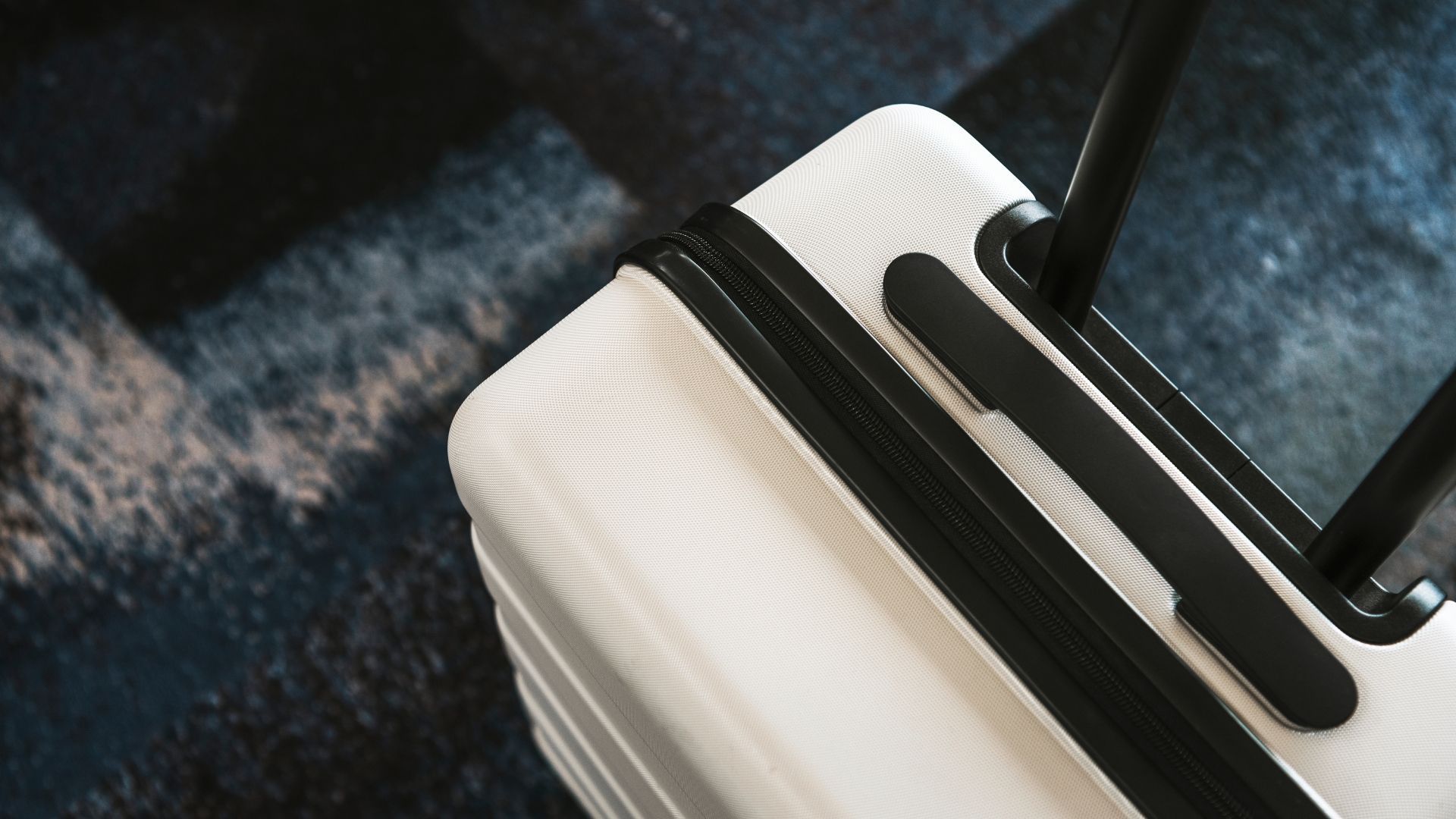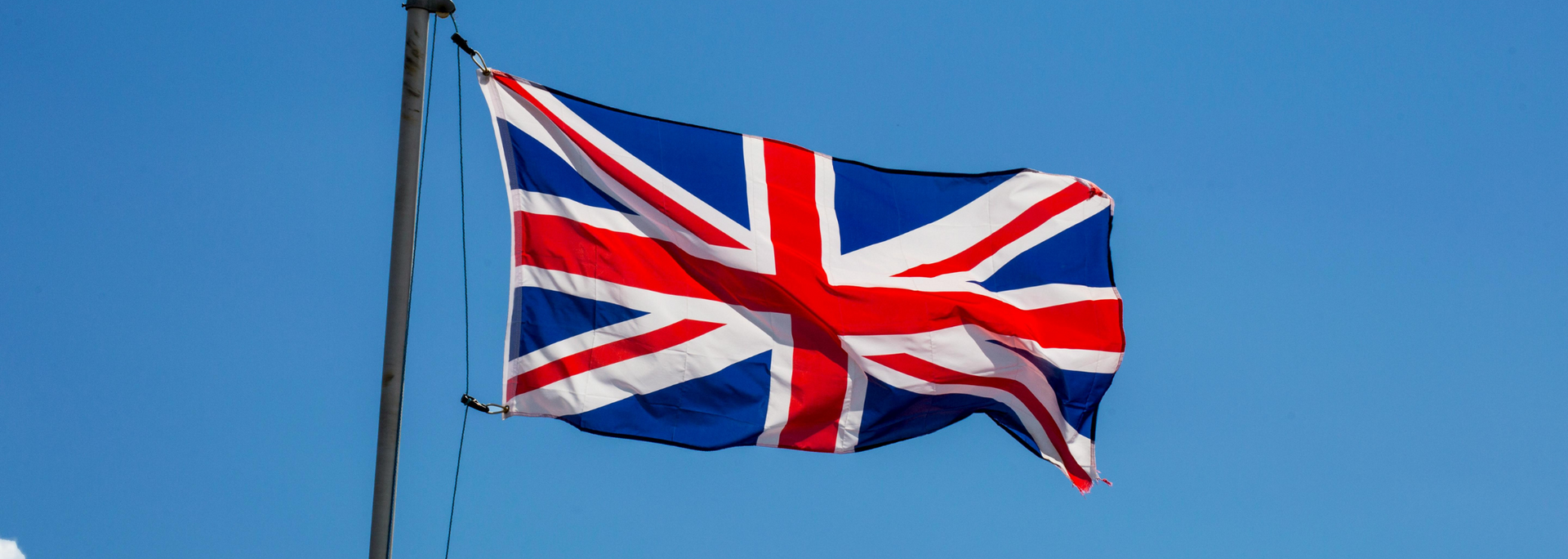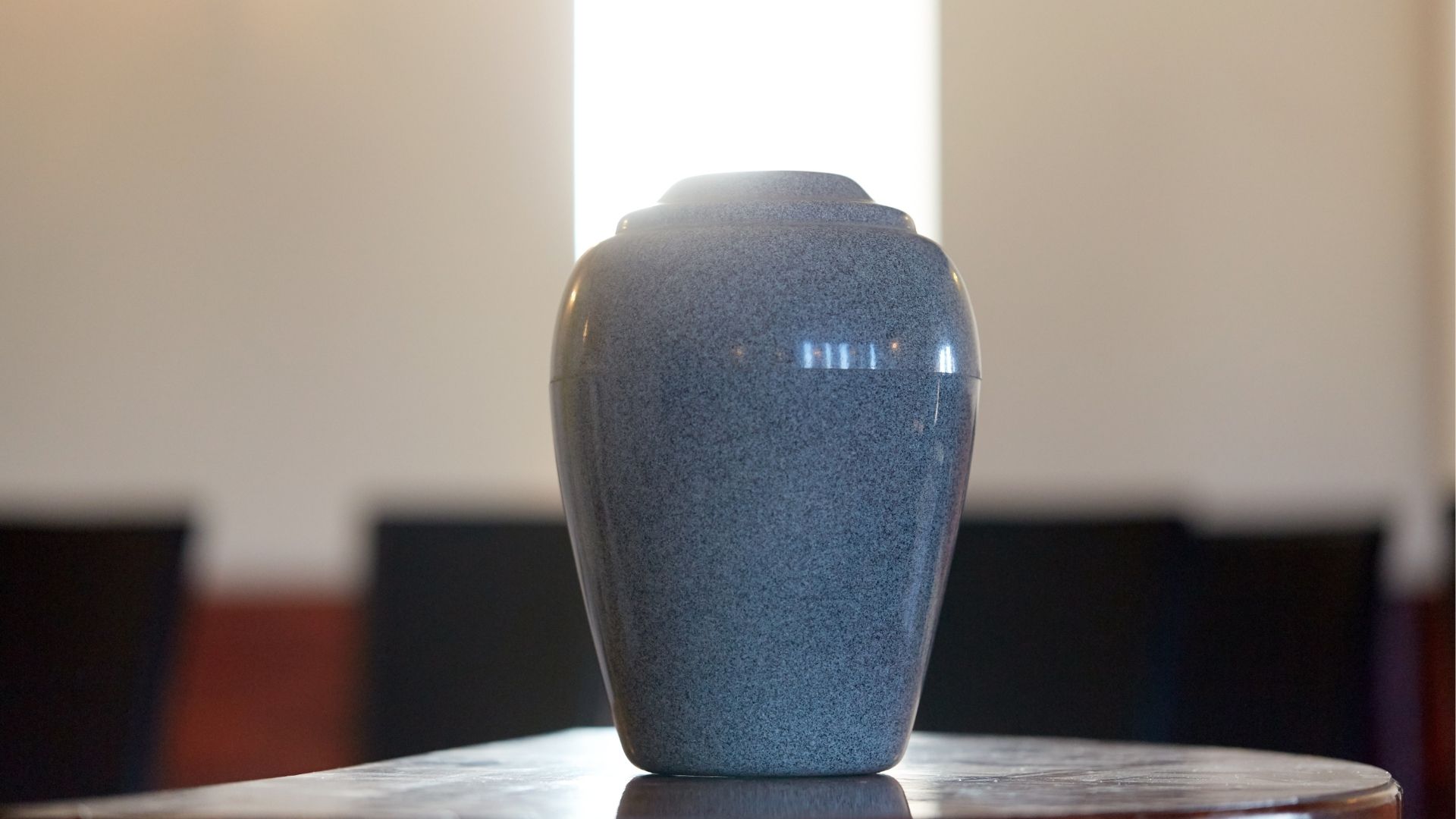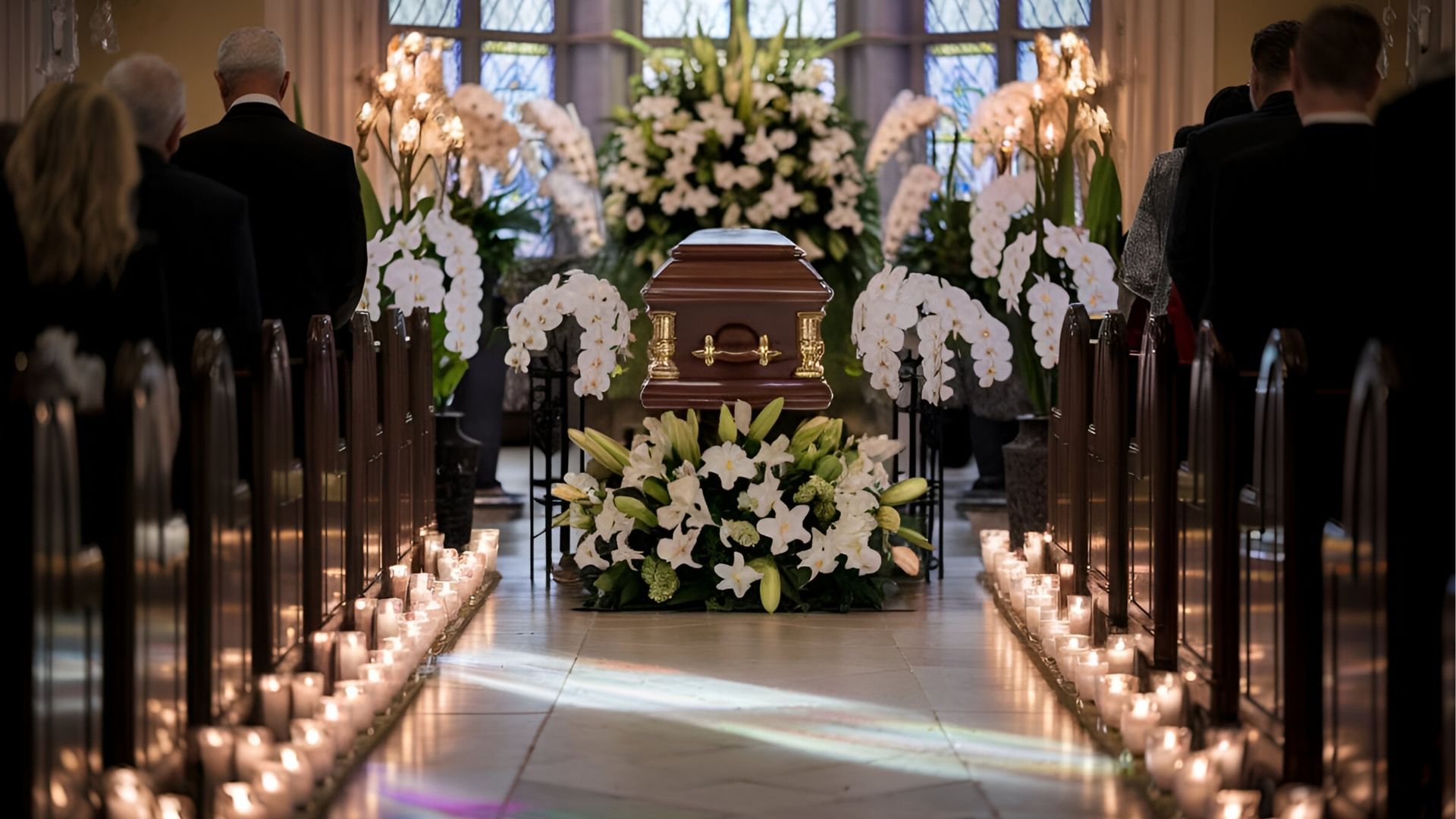What happens when someone dies abroad?
Has someone close to you died abroad? Here's what to do next, from paperwork to bringing them home.

It can be hard to know what to do when a person you are close to dies in another country. You're probably already dealing with grief – and now you're also faced with different laws, languages and time zones.
In this guide, we explain, in simple steps, what usually happens when someone dies abroad. We also outline how to bring them home in case that's what you want to do.
Step 1: contact the local authorities
If you weren't with the person when they died, you'll usually be contacted by the police, the hospital or the British embassy.
If you hear the news another way, it's important to get in touch with the British embassy in the country where the person has died. You can find their contact details on this GOV.UK page. The embassy can help explain what happens next. They may also be able to put you in contact with local authorities, funeral homes or translators.
The person's death will need to be registered with the authorities in the country where they died. In most cases, this is handled locally first.
Step 2: get a death certificate
Getting an official local death certificate is essential. This will usually be issued in the language of the country where the person died. You may want to ask for several copies and a certified English translation.
This document is needed for legal processes, including repatriation (bringing the body home) and settling the person's affairs.
If you want to, you can also register the death in the UK. This is optional but can be helpful for future paperwork. Learn how to register a death in England.

Step 3: decide what to do next
Some choices need to be made about what happens to the body of the person who has died. You'll probably want to take into consideration their family's wishes, the person's beliefs and what's possible in the country where they died.
Here are your main options:
- Repatriation: arranging to bring the person home to the UK
- Cremation or burial abroad: arranging a funeral in the country where they died
- Cremation abroad, ashes returned: the body is cremated locally and the ashes are sent home
There's no right answer. Some people want to bring the person home for a UK funeral. Others may prefer a simpler route, such as cremation abroad with a memorial service held later.
If you want to bring them home (repatriation)
Repatriation means arranging for the person's body to be transported back to the UK. It may sound daunting, but a funeral director with experience in repatriation can help manage the process for you.
Here's what's usually involved:
- A local funeral director in the country of death prepares the body of the person who has died.
- You apply for the correct paperwork (including permission to transport human remains).
- The person's body is placed in a sealed coffin suitable for air travel.
- A flight is arranged, usually to a major UK airport.
- A UK-based funeral director collects the person who has died and brings them into their care.
Depending on the country, the process can take anywhere from a few days to two weeks.

At Akshardham Funeral Directors, we offer international repatriation services. We can take care of all the paperwork, translation and flight arrangements, as well as coordinate with the local authorities. Learn more about our repatriation services.
We know how important it can be to bring someone home. We're here to help make that happen as smoothly as possible.
If the funeral happens abroad
If you choose to hold the funeral abroad, the local authorities or funeral home will help you with the arrangements. You'll still need to decide on a burial or cremation. However, it's important to be aware that funeral practices may differ from what you're used to in the UK.
You may want to speak to a local religious or cultural group if the person who died followed particular traditions. If you're unsure who to contact, the British consulate or a funeral director in the UK may be able to help.
Some people still hold a memorial service at home afterwards, even if the funeral takes place abroad.
Bringing ashes back to the UK
If the person who died is cremated abroad, you can choose to bring their ashes home with you.
Each country and airline have their own rules, but in general, you'll need:
- A copy of the death certificate
- A certificate of cremation
- The ashes, placed in a sealed non-metallic container
- Paperwork (translated into English if necessary)
Make sure you check airline policies before travelling. It's best to carry the ashes in hand luggage with the documents close by in case you're asked to show them at security.

If you need help with this, a funeral director can advise you or supply a certificate to make travel easier.
What about travel insurance?
Some travel insurance policies cover the cost of repatriation. Others may only cover local cremation or burial. It depends on the level of cover and the person's circumstances.
If the person had insurance, check their documents or speak to the insurer as soon as possible. You may need to provide medical records or details about how the death occurred.
If insurance isn't in place, the family is usually responsible for all costs. This can include local fees, translation, transport and documentation.
Can I get help with the costs?
Are you struggling to cover the cost of repatriation or a funeral? There may be help available. In some cases, local authorities or embassies can offer guidance or limited financial support.
In the UK, you may be able to apply for a Funeral Expenses Payment. This applies to people receiving certain benefits who are arranging the funeral for a close relative. Your funeral director can talk you through the options.
It's OK to ask for help
If someone dies abroad, it's normal to feel lost, especially at first. You're dealing with grief, unfamiliar systems and a lot of unexpected decisions.
If you choose repatriation, we're here to support you. At Akshardham Funeral Directors, we can speak to the authorities on your behalf and arrange the repatriation, making sure everything is done properly. Whether you want a full funeral service, a quiet cremation or just some advice, we're ready to help.
You don't have to figure this out alone. Contact us to findout more.












